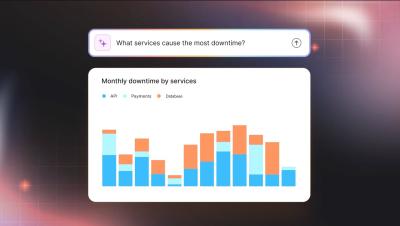What is clinical troubleshooting? #incidentmanagement #incidentresponse #sitereliabilityengineering
In this clip, Dan Slimmons explains what this clinical troubleshooting framework entails. It’s no secret that teamwork is one of those things that, when done right, can make a world of a difference. So sometimes, when responding to a particularly complicated incident, it can be best to bring a team together to figure out what’s going on and work towards a fix. But it’s not enough to just jam a bunch of folks into a room and hope for the best. You need a framework in place to ensure that everyone stays focused, diagnoses the issue and resolves it as quickly as possible.











